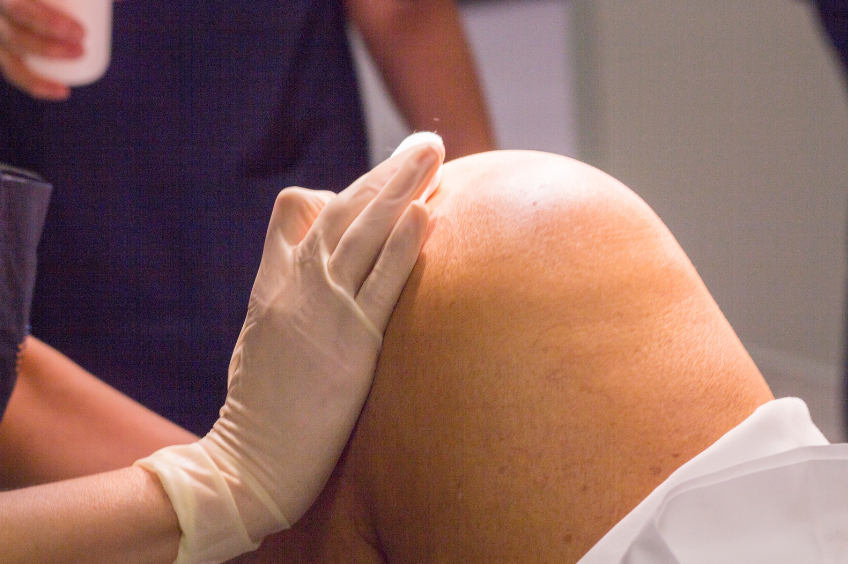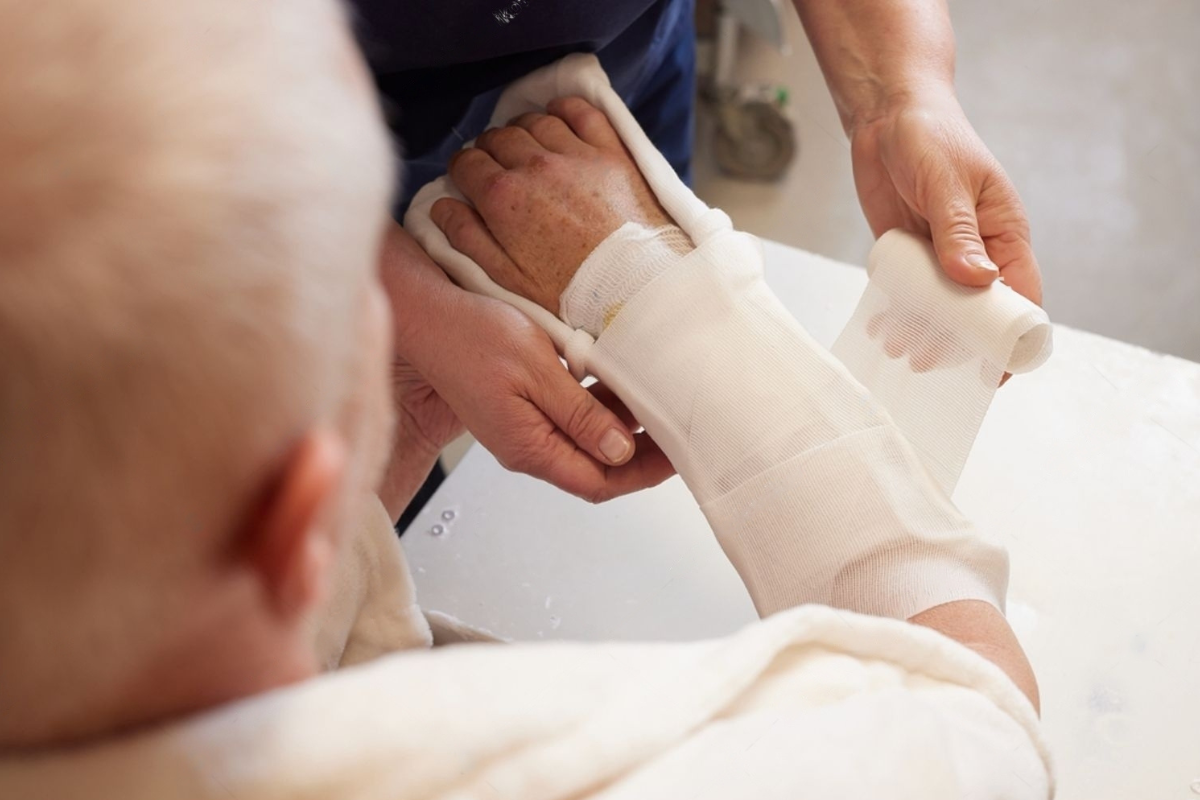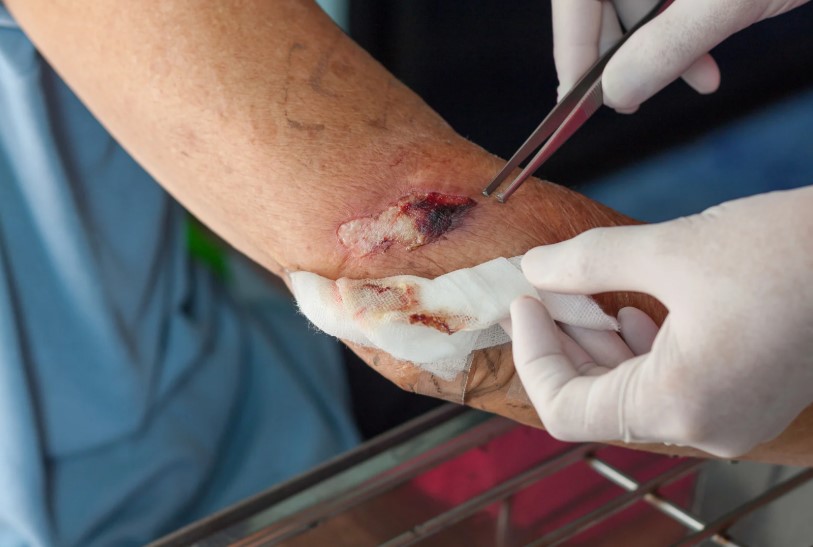Knee surgery is a critical intervention that can significantly improve your quality of life by addressing severe knee conditions. Determining whether you’re a candidate for knee surgery early on is crucial for managing expectations and achieving optimal outcomes.
Understanding Knee Surgery
Knee surgery encompasses various procedures, such as ACL reconstruction or total knee replacement, designed to alleviate pain and restore function in the knee joint. For many individuals, knee surgery represents a pivotal step towards reclaiming mobility and reducing chronic discomfort.
Signs and Symptoms That May Require Knee Surgery
Persistent knee pain that limits your daily activities or worsens over time may signal the need for surgical intervention. Mobility issues, such as difficulty walking, bending, or climbing stairs, despite conservative treatments, are also indicators that knee surgery might be necessary. Additionally, ongoing swelling and inflammation that do not respond to non-surgical therapies could warrant further evaluation for surgical options.
Diagnosis and Evaluation Process
To determine if knee surgery is suitable for you, it’s essential to consult with a healthcare professional, typically an orthopedic surgeon or specialist. They will conduct a thorough assessment, which may include X-rays, MRI scans, and a comprehensive physical examination. Reviewing your medical history, including previous injuries and chronic conditions, helps in understanding the full scope of your knee health.
Non-Surgical Treatment Options
Before considering knee surgery, healthcare providers often explore conservative approaches to manage knee conditions effectively. These may include physical therapy to strengthen muscles around the knee, medications for pain relief and inflammation reduction, and lifestyle modifications to minimize stress on the joint. Non-surgical methods can often provide significant relief and improve mobility without the need for invasive procedures.
Factors Influencing Candidacy for Knee Surgery
Several factors influence whether you’re a suitable candidate for knee surgery. The severity of your knee condition, including the extent of joint damage and intensity of pain, plays a crucial role in determining the necessity of surgical intervention. Lifestyle considerations, such as the impact of knee pain on work, sports, and daily activities, are also important. Additionally, your overall health and fitness level, including any pre-existing medical conditions or surgical risks, will be evaluated to ensure the safest and most effective treatment plan.
Consultation and Decision-Making Process
Consulting with a healthcare provider is pivotal in determining the best course of action for your knee health. During your consultation, your healthcare provider will discuss the risks, benefits, and alternatives to knee surgery based on your specific condition and lifestyle needs. This transparent communication ensures that you make an informed decision regarding your treatment plan. It’s important to prepare mentally and physically for the procedure, understanding what to expect during and after knee surgery.
Post-Surgery Recovery and Rehabilitation
Following knee surgery, a structured rehabilitation program is essential for optimal recovery and long-term success. Physical therapy sessions will help restore knee strength, flexibility, and range of motion. Pain management techniques will be employed to ensure comfort during the healing process. Adhering to your healthcare provider’s guidance and making necessary lifestyle adjustments are crucial for maintaining knee health and mobility in the long run.
Takeaway
Determining if you’re a candidate for knee surgery involves a thorough evaluation of your knee condition, lifestyle factors, and overall health. By seeking early consultation and understanding your treatment options, you can take proactive steps towards improving your knee health and quality of life. Remember, each individual’s journey towards knee surgery is unique, and personalized care and guidance from healthcare professionals are key to achieving the best possible outcomes.






